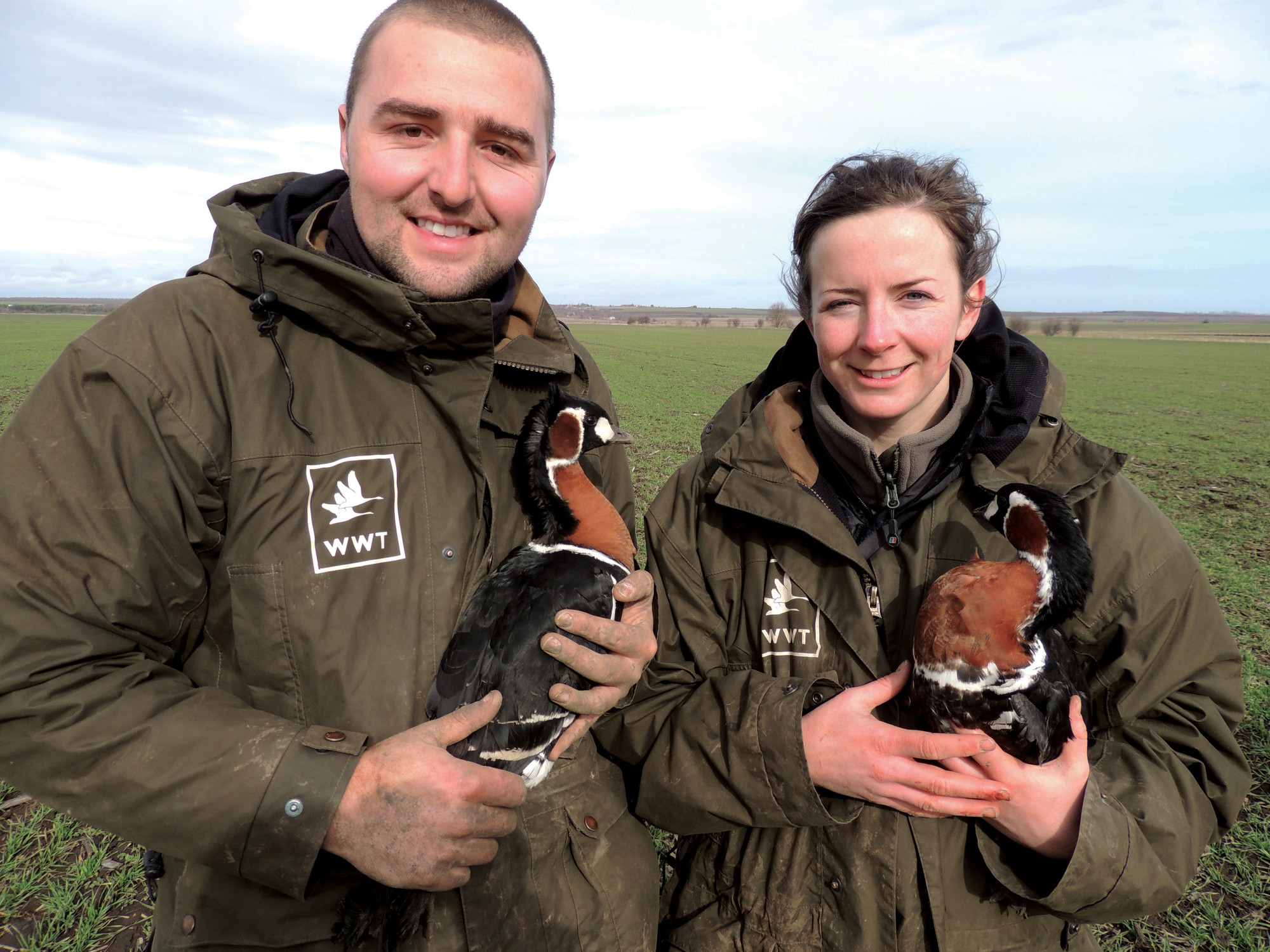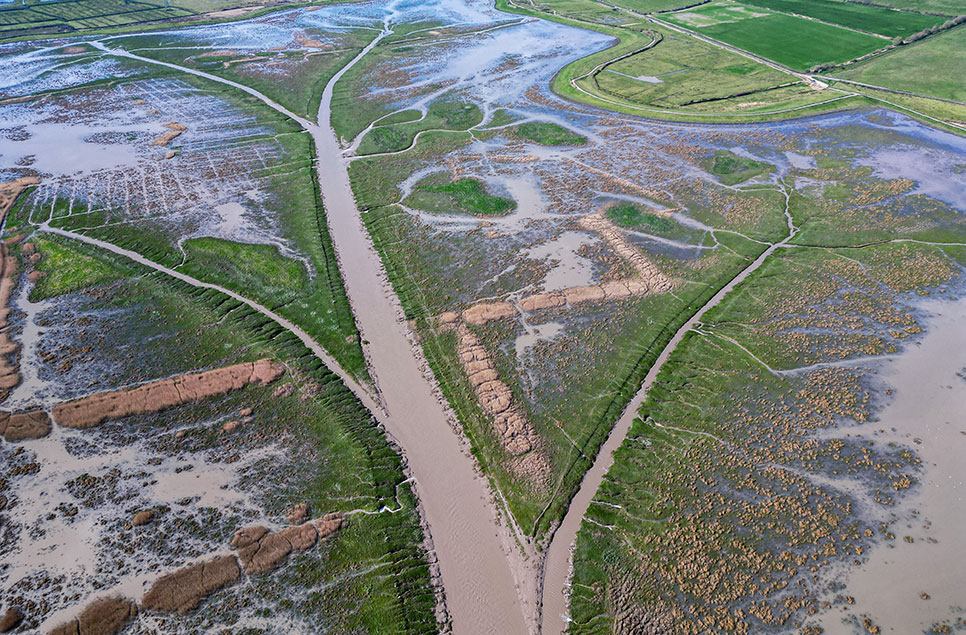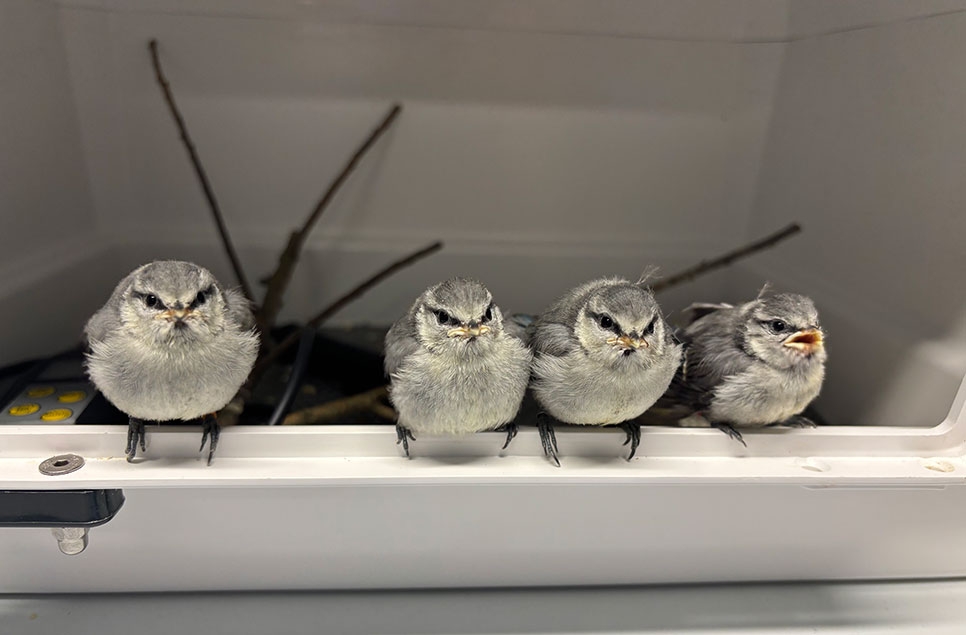Wetlands and leaving the EU

Blog post by Peter Morris, WWT's Head of Public Relations & Campaigns:
The impact of leaving the EU on wetlands is intertwined with its impact on you. Here are just some of the main starting points that will need to be addressed in the next months and years:
Protections
Nearly 9% of the UK’s land area is protected under the European Birds or Habitats Directives, as well as large marine areas. If you’re fighting planned developments in these areas, in future this legal protection could be lost.
Many of these areas are designated in order to protect rare species, or to be part of a Europe-wide network of sites for migratory species crossing international borders. The UK will effectively withdraw from this network.
Whether other European Directives and Regulations would still apply depends on how far they’re incorporated into UK law anyway, or whether they will be included in the UK/EU exit negotiation. This may involve a model similar to Norway or Switzerland.
We may still be subject to some EU environmental laws in order to trade with Europe but would have less influence over those laws. Examples include Directives or Regulations on the quality of our freshwater, air and seas that we share with our European neighbours.
Funding
On average, 50-60% of UK farmers’ income comes from EU funding through the Common Agricultural Policy. Part of that money is earmarked for rural development as opposed to direct farming, which includes measures to help the environment. An example is paying to install Wetland Treatment Systems, which help to stop pollution running into streams and wetlands.
Many nature reserves – including WWT’s wetland centres and reserves across the UK – also receive CAP income, for example for using longhorn cattle to sympathetically graze grassland areas to promote biodiversity.
All this funding will go. No one knows yet what will take its place.
EU funding permeates many other areas that affect you and the environment, including transport and planning. A significant issue for conservation organisations could be funding for science and research, which could have a knock-on impact on our ability to identify and counter threats to declining wetland species.
Climate Change
The UK played an ambitious part in setting up an Emissions Trading System to help the EU meet global targets to reduce carbon emissions. It’s likely we will be able to continue to be part of the ETS. But we will lose the ability to influence its direction going forward.
In global agreements generally, we will no longer be part of the EU countries’ bloc vote. On the one hand that means we will be able to vote how we want. But on the other we will lose our influence on a bloc vote which in turn has great influence on global decisions.
So is WWT saying it was wrong to vote Leave?
On environment issues alone – especially regarding the Birds and Habitats Directives – our assessment favoured staying in the EU. But we recognised everyone needs to make their own decision based on what matters to them, so we relayed the facts but did not adopt a position nor encourage anyone to vote a particular way.
Leaving the EU undoubtedly brings new opportunities. The UK could voluntarily keep all its European environmental protections, without being tied down to the complexity of European legislation building. We could go further and make those protections even better.
But it depends on what you define “better” to mean. We would hope wildlife could benefit from protections being increased, but others may see benefits from protections being reduced. To sum it up, to build a housing estate with lots of community facilities on an important site for declining wildlife might be one person’s environmental vandalism, but it might be the next person’s vision of homes, community and prosperity. We all have different ideas of what a “better” Britain looks like. (WWT’s would be to build the estate somewhere less damaging for wildlife, and build it in tune with nature to protect it from flooding and give people a pleasant environment to live in).
The EU provided a high level balance for those sorts of competing interests. The question now will be whether the UK can maintain that balance, especially if we go into recession again and the Government needs to fall back into emergency economic mode.
WWT’s role will be to join other environmental organisations in trying to help the Government achieve a balance for all of us and the natural environment we depend on. We believe our environment is the key to Britain’s future prosperity.
Wetlands alone are worth more than £7bn a year to us in terms of providing us with water for drinking and growing food, reducing flood damage and pollution, averting drought, storing carbon and simply making the UK a nice place to live.
We know our members’ opinions were as divided as the rest of the country during the EU referendum. That’s why, at no point, did WWT suggest we represent your views. But all of us – the members we’ve spoken to along with volunteers, staff, adopters, funders and all our supporters - are all united in wanting a country which celebrates its wildlife and natural landscape as part of who we are.
With that sort of unity, the difficult issues facing us all ahead should be like water off a duck’s back.



